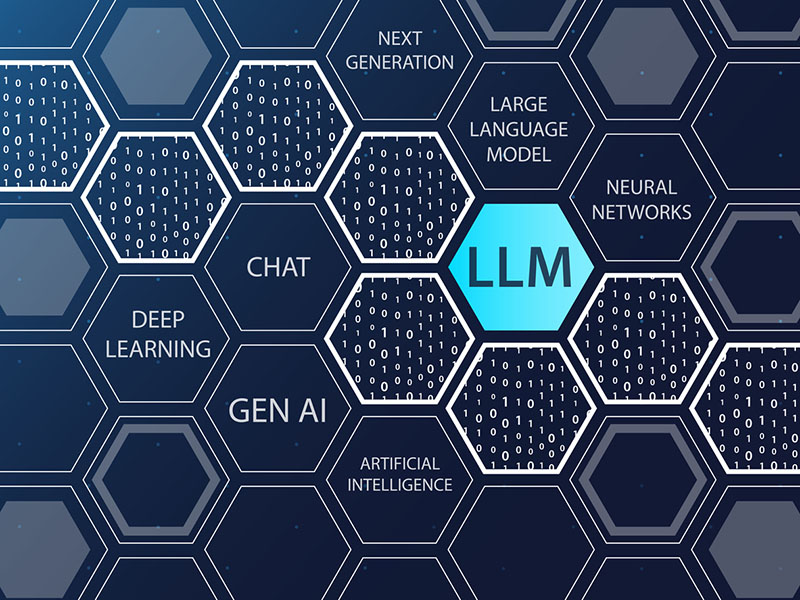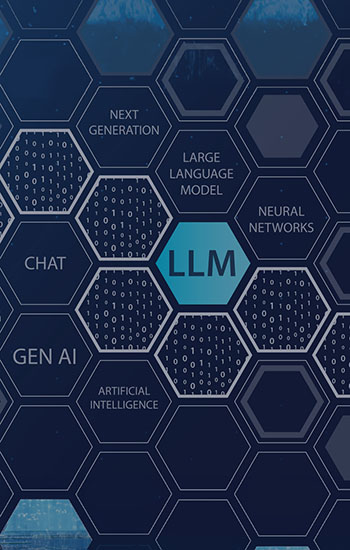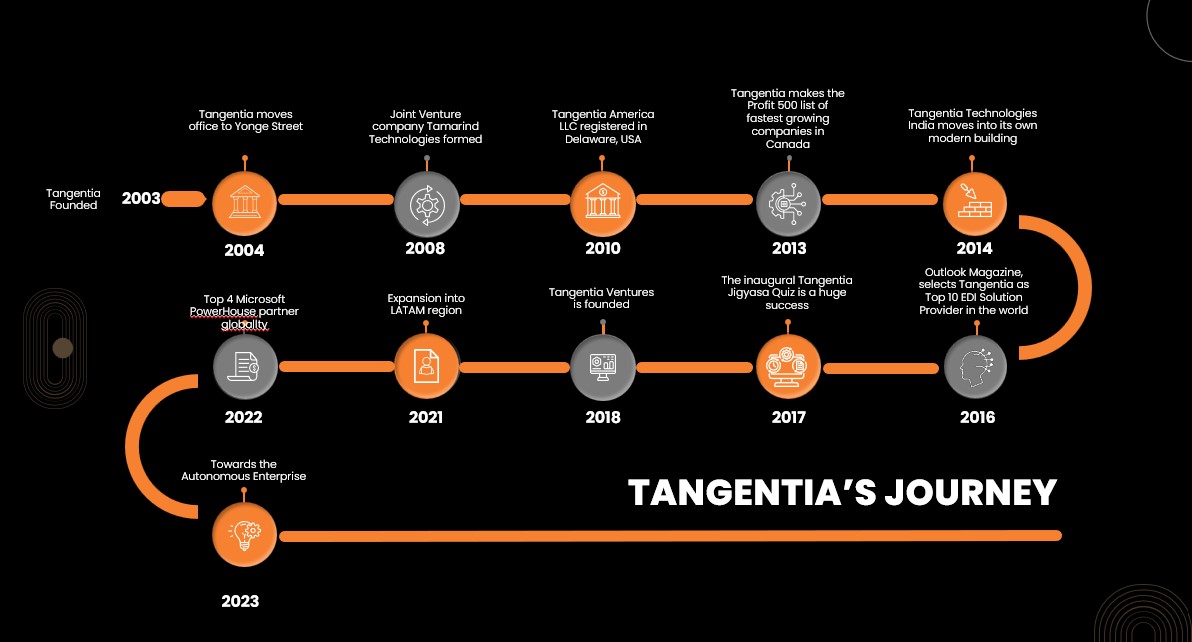In the fast-paced world of online commerce, the relentless pursuit of innovation has been the driving force behind its exponential growth. E-commerce, once a novel concept, has now become an integral part of our daily lives, shaping the way we shop and interact with businesses.
However, as technology continues to evolve, so too does the landscape of e-commerce. One of the most transformative and disruptive forces in this digital realm is Artificial Intelligence (AI). Artificial Intelligence, often referred to simply as AI, represents a fusion of advanced algorithms, data analysis, and machine learning capabilities that enable computers to mimic human intelligence.
Over the past few years, AI has swiftly woven itself into the fabric of e-commerce, revolutionizing every aspect of the industry, from product discovery and personalized recommendations to supply chain optimization and customer service. Its impact is profound, reshaping the dynamics of the online marketplace and, in turn, redefining the expectations and behaviors of both consumers and businesses.
In this article, we will delve deep into the captivating realm of how Artificial Intelligence is transforming e-commerce. We will uncover the manifold ways in which AI is empowering e-commerce platforms to provide enhanced customer experiences, streamline operations, and stay ahead in the fiercely competitive digital marketplace.
How AI Is Changing the E-commerce Landscape?
AI is making a significant impact on the world of e-commerce, transforming the way businesses operate and stay competitive.
Let's explore how some major e-commerce players, such as Amazon, JD.com, Alibaba, and eBay, are using AI to their advantage:
- Amazon: Amazon is a leader in using AI to improve the customer experience. They employ AI-powered Alexa to understand what customers want and provide personalized product recommendations. Studies have shown that Amazon's recommendation system contributes to an impressive 35% of its total sales.
- JD.com: This Beijing-based e-commerce giant has partnered with Siasun Robot & Automation Co Ltd. to automate their warehouse operations using AI. By using generative AI and robotics, JD.com aims to make its product sorting and delivery more efficient, which will result in cost savings and increased revenue. They also plan to gradually reduce their manual workforce from 120,000 to 80,000 over ten years using AI.
- Alibaba: Another major player in e-commerce, Alibaba, utilizes AI assistants like Tmall Genie and Ali Assistant to gain a competitive edge. Their AI-powered customer service chatbot handles an impressive 95% of customer inquiries, both written and spoken. Alibaba also uses AI for smart product recommendations, improved search functionality, and efficient delivery route planning. They've implemented a smart logistics system that has already reduced vehicle use by 10% and travel distance by 30%.
- eBay: eBay has introduced Shopbot, an AI-powered shopping assistant designed to help users find the products they're looking for. Shoppers can interact with the assistant using text, voice commands, or by uploading images, and it provides accurate product information and recommendations.
These e-commerce giants are using AI in various ways to enhance customer experiences, optimize operations, and remain competitive in the ever-evolving e-commerce landscape. AI- driven innovations like personalized recommendations, automation, chatbots, and efficient logistics are helping these companies stay at the forefront of the industry.
The Advantages of Artificial Intelligence in E-commerce

Imagine a shopping experience where the items you see change according to your individual preferences and what you've bought before. Think about receiving recommendations for products that match your style and needs, even if you didn't realize you wanted them.
This isn't a distant dream; it's happening right now, thanks to the fast adoption of AI in online shopping. AI is revolutionizing the way we shop online, providing unmatched speed, customization, convenience, and personalization.
Here are some of the significant advantages of AI in e-commerce:
- Gives a Customized Visual Search Experience: AI in e-commerce revolutionizes the search experience by recognizing products in images, providing relevant results, and offering a smoother and more enjoyable shopping experience. Customers can upload images and receive immediate suggestions for similar items, enhancing their shopping journey significantly.
- Re-engages the Customers: Retargeting strategies in e-commerce are made efficient and effective with AI, ensuring marketing efforts target potential customers likely to convert. AI analyzes vast amounts of customer data, offering valuable insights for personalized communications and offers, ultimately re-engaging customers and guiding them through the sales process. AI-driven retargeting strategies reshape how businesses connect with potential customers, optimizing ad targeting based on user behavior and preferences.
- Elevates Customization for Customers: Personalization in advertising is crucial for engaging customers, with AI-powered conversational marketing establishing a personalized connection and improving brand relationships. Brands leverage AI to deliver tailored shopping experiences, significantly boosting ROI and strengthening customer loyalty. Behr Paint, for example, utilizes AI-based conversational marketing to offer personalized recommendations and engage customers effectively, streamlining the shopping process and enhancing customer satisfaction.
- Identifies and Removes Fake Reviews: Addressing the issue of fake reviews in e-commerce, AI algorithms like Amazon's can identify and flag fake product reviews by considering factors such as “verified customer purchase” labels and helpful markings from other users. This ensures the integrity of customer feedback and empowers shoppers to make informed decisions with confidence.
- Improved Product Searching: AI has empowered e-commerce brands to enhance the product search experience by delivering personalized and improved search results. Platforms like Clarifai and Gepard utilize AI to optimize product recognition and craft compelling product descriptions, enhancing product quality and consistency. Vue.ai tailors AI-powered site search solutions to retailers, allowing personalized sorting of search results based on customer preferences and behavior for a satisfying shopping experience.
The transformation brought about by Artificial Intelligence (AI) in the realm of e-commerce is nothing short of revolutionary. Tangentia's TiA Chatbot's have been assisting and streamlining ecommerce customer support, invoice management, customer relations and a variety of other services. AI has not only disrupted traditional shopping but has also elevated the entire online retail experience to new heights.
With AI's ability to personalize recommendations, streamline operations, enhance customer service, and provide innovative solutions to age-old challenges, it has become an indispensable tool for e-commerce businesses aiming to thrive in the digital age.
In this age of digital commerce, one thing remains clear: Artificial Intelligence is not merely transforming e-commerce; it is shaping the future of how we shop, connect with brands, and experience the world of retail.
Embracing AI's capabilities will be pivotal for businesses seeking to thrive and innovate in this ever-changing landscape, ultimately redefining the future of e-commerce in ways that we are only beginning to imagine.




































































































